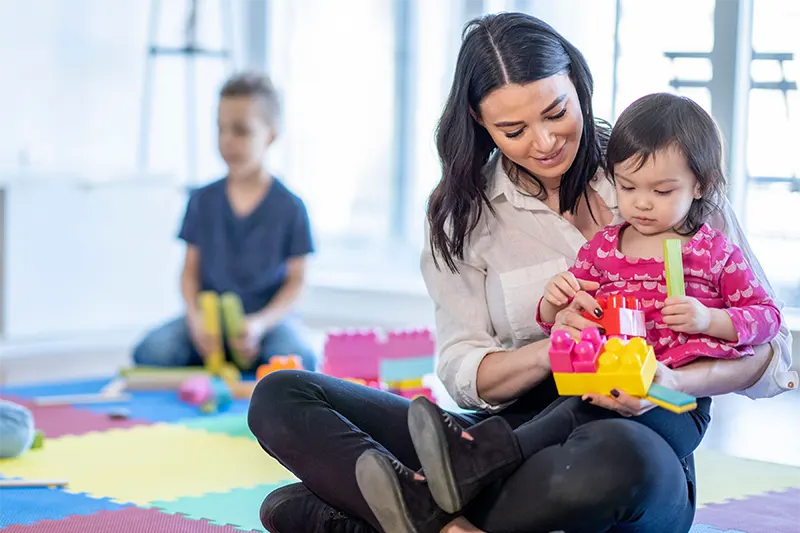What is QQI level 5 equivalent to?
QQI Level 5 credentials are intended to give learners practical skills, basic knowledge, and vocational training in particular disciplines. They encompass a broad range of academic areas. They are frequently viewed as stepping stones to more education or entry-level jobs in a variety of sectors. Although the exact course and topic of study determine the equivalent credentials, QQI Level 5 certifications are generally equivalent to the following: Leaving Certificate: QQI Level 5 certifications can be used to gain admission to universities and technical institutes, as they are recognised as being equal to specific topics from the Leaving Certificate. Vocational Training: Qualifications at QQI Level 5 can also be used as a gateway to employment in particular industries or professions, as they are equivalent to some vocational training certificates and diplomas. For more information, please visit: National Framework of Qualifications | Quality and Qualifications Ireland (qqi.ie)
The NFQ is aligned with the European Qualification Framework (EFQ) and the Qualifications Framework of the European Higher Education Area (QF-EHEA). This association allows you to make an easy comparison with qualifications across Europe.
Global Fan: The Global Fan includes the NFQ, EQF and QF, EHEA Frameworks which show how the levels on each relate to each other: click here for more information. If you obtained your qualification in the United Kingdom, it may be beneficial to refer to the Qualifications can Cross Boundaries. This is a guide to comparing qualifications in the UK and Ireland: the leaflet provides information that enables the comparability between qualifications across the UK and Ireland, and how those qualifications are organised. For more information, please visit: Qualifications can Cross Boundaries (qqi.ie)







